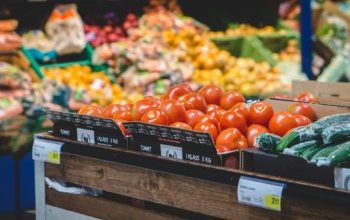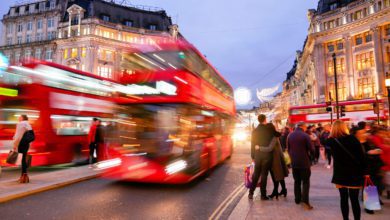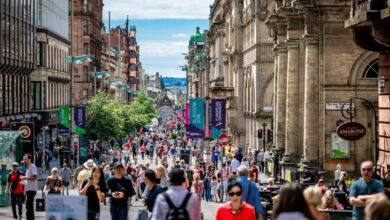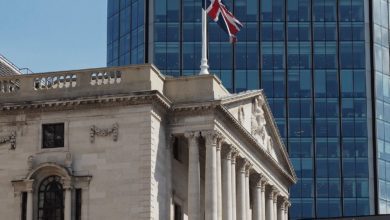Economy stalls in April due to wet weather
The largest negative contribution to services growth in April 2024 came from wholesale and retail trade; repair of motor vehicles and motorcycles, down 2.0%
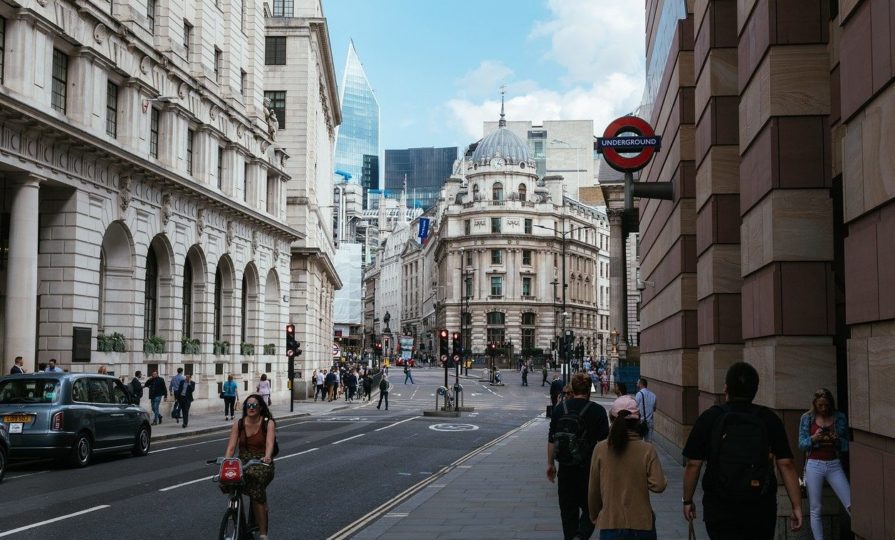
Register to get 1 free article
Reveal the article below by registering for our email newsletter.
Want unlimited access? View Plans
Already have an account? Sign in
The UK economy stalled in April showing no growth as wet weather dampened consumer spending, according to the latest figures from the Office for National Statistics.
Monthly real gross domestic product (GDP) is estimated to have shown no growth in April 2024, following growth of 0.4% in March 2024.
It comes as services output grew by 0.2% in April 2024, its fourth consecutive monthly growth, and also grew by 0.9% in the three months to April 2024.
Professional, scientific and technical activities were the largest positive contributor to the rise in services output in this three-month period, growing by 1.9% in the three months to April 2024. The next largest contributions came from transportation and storage, which grew by 3.7%, and administrative and support service activities, with output here rising by 2.1%.
The largest negative contribution to services growth in April 2024 came from wholesale and retail trade; repair of motor vehicles and motorcycles, down 2.0%, following growth of 0.9% in March 2024. The subsector saw falls in all three industries, driven by a fall of 2.3% in retail trade, except of motor vehicles and motorcycles.
Meanwhile, production output fell by 0.9% in April 2024 following growth of 0.2% in March 2024, but grew by 0.7% in the three months to April 2024. Construction output also fell by 1.4% in April 2024, its third consecutive monthly fall, and fell by 2.2% in the three months to April 2024.
Ben Jones, Lead Economist, CBI, said: “After one of the wettest Aprils since records began it’s no surprise that rain dampened consumer spending, with many households also feeling the pinch from higher prices and bills.
“But consumers and firms alike are going to start to feel the benefit of lower inflation, which in turn should boost confidence and support spending as we head into a summer packed with major entertainment and sports events, like the Euros.”
He added: “Lower inflation, rising real incomes and low unemployment mean household spending is set to drive a steady economic recovery in the year ahead, which should broaden out to stronger business investment next year.
“However, to ensure longer-term, sustainable growth we must tackle our ongoing productivity problem. Top of the in-tray for the next government should be a cutting-edge trade and investment strategy, a Net Zero Investment Plan and more support for firms to invest in automation and AI. At the same time, a focus on building momentum behind the ‘big three’ enablers of tax, planning and skills policies within the first 100 days can give firms a clear flightpath for growth.”



